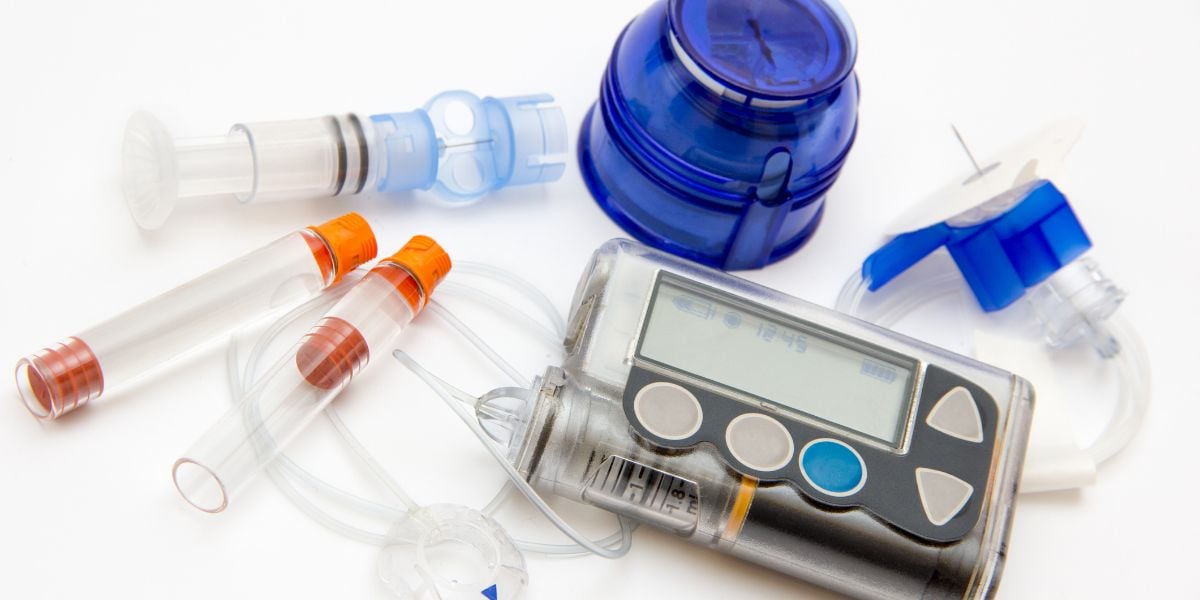If you think that carbohydrates are needed for exercise, it’s time to think again. A low-carb diet is perfectly compatible with exercise and combining the two can bring significant benefits.
In fact, a number of athletes have cited keeping carbohydrate intake low as being beneficial towards their training and performance.
In this article, we will look at some of the research into low-carb diets and exercise as well as the precautions to be aware of if you’re on medications that can lead to low blood sugar levels.
Carbohydrate is not needed for exercise
It used to be widely thought that carbohydrate was needed for exercise. However, research has provided clear proof that low-carb and very-low-carb diets are no barrier to exercising.
One of many examples is a 2015 research study which essentially pitted two teams of experienced endurance runners against each other. 10 of them ate a diet in which carbohydrate accounted for 60% of their calories. The other team of 10 ate a very-low-carb diet in which only 10% of calories came from carbohydrate. [272] [273]
The runners were instructed to run for 3 hours and their ability to burn fat was monitored. The results showed that, not only were the runners on a very-low-carb diet perfectly able to run for three hours straight, they also burned more body fat than the high-carb team.
How the body adapts to low-carb and exercise
The human body can cope with exercising without carbohydrate in a number of ways.
Firstly, there’s the sugar we store in our muscles as glycogen It doesn’t matter whether you are on a low-carb or a high-carb diet, either way, your body will maintain a plentiful supply of stored sugar (glycogen) which will be available for use when exercising.
Secondly, as we’ve seen above, the body can also burn body fat for energy whilst exercising.
Famous athletes that have used low carb diets
The advantages of low-carb diets have not gone unnoticed by professional athletes at the top of their sports.
A striking example is Chris Froome who overhauled his diet to reduce his carbohydrate intake and replace it with more fat and protein. The change in diet enabled Chris to maintain a low but muscular body weight and helped him to win three Tour de France titles.
Precautions
It’s important to note that if you are on medications that can cause hypos (such as insulin, sulphonylureas and glinides) then it is important that you take precautions to prevent hypos occurring.
This may include reducing your dose of these medications prior to prolonged or intensive exercise.
If you are on any of these medications and are not used to exercising on a low-carb diet, it is important to discuss which precautions to take with your doctor.







